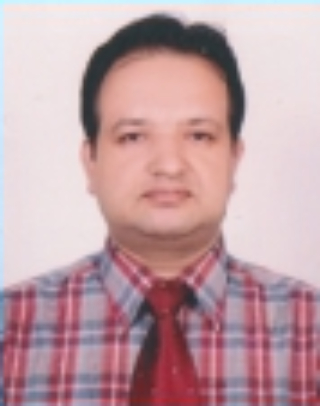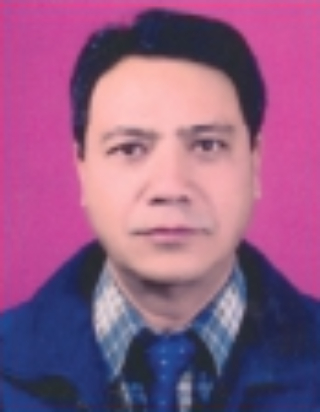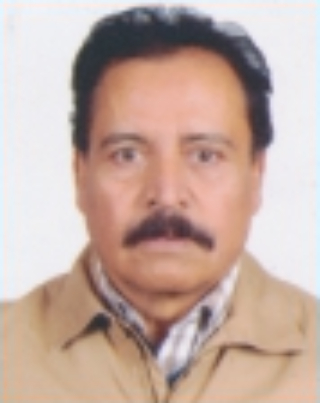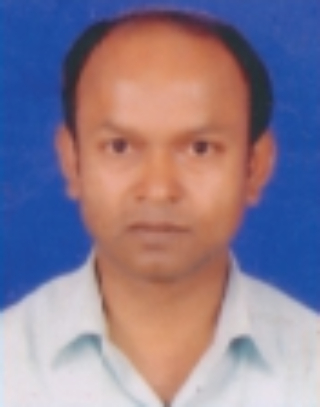Academic Departments: Department of Meteorology
Meteorology is the scientific study of the earth’s atmosphere and its phenomena. The word “meteorology” is from Greek metéōros, “lofty; high (in the sky)” and logos, “discourse”. Meteorology embraces both WEATHER and CLIMATE and is concerned with the physical, dynamical and chemical state of the earth’s atmosphere, and with the interactions between the earth’s atmosphere and the underlying surface. WEATHER is the changing atmospheric conditions, more especially as they affect humans. Weather phenomena are notoriously irregular, but atmospheric data averaged over a month or so usually behave in a more regular manner. CLIMATE refers to the state of the atmosphere on longer time scales, typically averaged over several years or more. The main climatic elements are precipitation, temperature, humidity, sunshine, wind velocity, and such phenomena as fog, frost, thunder, cloudiness and surface temperature.
Department of Meteorology (here after DoM) was established in 1973 AD in Tri- Chandra Multiple Campus for Bachelors level study. Professor Suresh Raj Chalise (former Dean of the Institute of Science and Technology, Tribhuvan University) was the main initiator and contributor for the establishment of DoM. It has been more than four decades since DoM has been part of Tri-Chandra College. Until now, this is the only Department in Nepal where B.Sc. Meteorology and Hydrology course is available. In the beginning (1973-1995) two years B.Sc. was offered, and since 1996 three years B.Sc. has been introduced. Similarly, four years B.Sc. course was started since August/Sepetmber 2014 to meet international standard. The B.Sc. course is designed to provide students with in-depth knowledge in the subject and meet the growing need for skilled manpower in the nation especially for teaching, research and operational works in meteorology and hydrology. M.Sc. Meteorology course is also available at TU, Kirtipur since 1988.
Objectives of B.Sc. Meteorology course:
- To meet the professional needs of skilled manpower in the field of meteorology (also hydrology) in the context of geographical situation and scientific development of Nepal.
- To provide basic to advanced knowledge to the students according to recent trends and development of the subject throughout the world.
- To enable the students to perform research and development works in their field of specialization.
Importance and Scope of Meteorology and Hydrology
Meteorology is very important for our daily lives. Almost all social, industrial, agricultural, commercial, transports activities etc., directly or indirectly, are affected by weather and climate. The atmosphere affects and sustains human life, animal, micro- organisms, insects, pests, plants, forests and marine plants/animals at all times during every stage of growth and development. Meteorology has therefore, greatest scope on every human enterprise in the modern Life. Meteorology and hydrology compose the interdisciplinary field of hydrometeorology.
Hydrometeorology is the branch of meteorology that deals with the hydrologic cycle, the water budget, and the rainfall statistics of storms. A hydro-meteorologist prepares and issues forecasts of accumulating (quantitative) precipitation, heavy rain, heavy snow, and highlights areas with the potential for flash flooding. Practical knowledge of meteorological and hydrological processes are of prime importance in the field of agricultural development, water resources management and development, medicine, public health, tourism industry, aviation operation telecommunication system, etc. In the field of agriculture, weather forecasting for immediate future is essential for its successful operation.
Identification of climates (climatic maps) helps to systematic plantation of crops, vegetables, fruits and medicinal plants for optimum yields. Similarly, meteorology and hydrology are considered as most important and influential factors for the development of water resource projects as well as in the work of flood forecasting. Meteorological and hydrological studies are crucial for a Himalayan country like Nepal as snow and glaciers are the base for water resources, and development of glacial lakes and occasional lake-burst (Glacial Lake Outburst Flood: GLOF) are common phenomena in the Himalayan region of Nepal. Since tourism industry is a key factor in the generation of foreign currency in Nepal, its efficient planning is essential for boosting national economy, which is also strongly controlled by weather and climates.
Graduate students from this department have been engaged in various national and international sectors such as Department of Hydrology and Meteorology (DHM), Ministry of Environment, Government of Nepal; Tribhuvan University (TU); Kathmandu University (KU); Nepal Academy of Science and Technology (NAST); International Center for Integrated Mountain Development (ICIMOD) etc. The DoM has been involved in various national and international research initiatives particularly on glaciology; snow and glacier hydrology, e.g. Glaciological Expedition in Nepal (GEN 1981-83, 1985-86).
DoM’s Renewed Commitment
We help our students to acquire both theoretical and practical knowledge emphasizing the application of Meteorology on agriculture, water resources, aviation and environment through teaching and research. Recently, DoM endeavors to involve B.Sc. 4th year students to research based project work to make them competent in currently emerging climate related issues, such as climate change and its impact on water resources, energy, agriculture, forestry, biodiversity and health.
Former Heads of Department
- Prof. Suresh Raj Chalise
- Prof. Dr. Bidur Prasad Upadhayaya
- Prof. Khadga Bahadur Thapa
- Assoc. Prof. Dhruba Das Mulmi
- Prof. Rupak Raj Bhandari
- Asst. Prof. Kedar Koirala
- Asst. Prof. Dhiraj Pradhananga
- Asst. Prof. Narayan Prasad Gautam
- Prof. Dr. Sunil Adhikary









